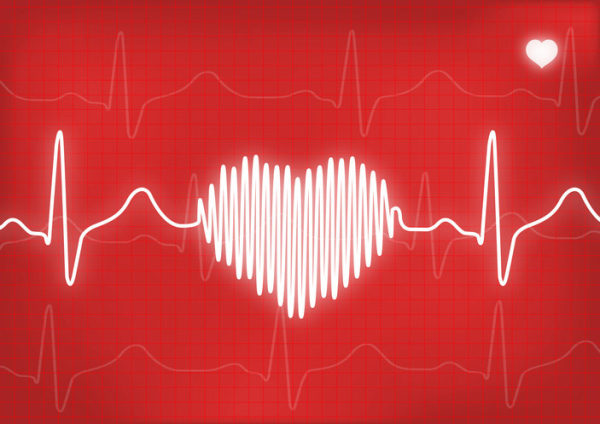
Infertility is a remarkably common problem. It affects up to one in five people in the US who are trying to become pregnant, and 186 million people worldwide. A thorough medical evaluation can spot key contributing issues in many cases — whether in a woman, a man, or both partners — that might respond to treatment, or call for assisted reproductive tools like in vitro fertilization (IVF).
But in a substantial number of cases, no cause is found for infertility. Could inflammation be to blame for some of those cases, as recent research suggests? And if so, will an anti-inflammatory diet or lifestyle boost fertility?
Exploring the connection between inflammation and infertility
Chronic inflammation has been linked to many health conditions, such as cardiovascular disease, stroke, and cancer.
While its importance in infertility is far from clear, some evidence supports a connection:
- The risk of infertility is higher in conditions marked by inflammation, including infection, endometriosis, and polycystic ovary syndrome.
- Bodywide (systemic) inflammation may affect the uterus, cervix, and placenta, thus impairing fertility.
- Women with infertility who had IVF and followed an anti-inflammatory diet tended to have higher rates of successful pregnancy than women who did not follow the diet.
Could an anti-inflammatory diet improve fertility?
It’s a real possibility. Decades ago, researchers observed that women following a prescribed fertility diet ovulated more regularly and were more likely to get pregnant. Now a 2022 review of multiple studies in Nutrients suggests that following an anti-inflammatory diet holds promise for people experiencing infertility. The research was done years apart, but the diets in these two studies share many elements.
The 2022 review found that an anti-inflammatory diet may help
- improve pregnancy rates (though exactly how is uncertain)
- increase success rates of assisted reproductive measures, such as IVF
- improve sperm quality in men.
The authors add that improving diet might even reduce the need for invasive, prolonged, and costly fertility treatments. However, the quality of studies and consistency of findings varied, so more high-quality research is needed to support this.
Will adopting an anti-inflammatory lifestyle improve fertility?
While recent research is intriguing, there’s not enough evidence to show that an anti-inflammation action plan will improve fertility. A plant-based diet such as the Mediterranean diet, and other measures considered part of an anti-inflammatory lifestyle, improve heart health and have many other benefits.
It’s not clear if this is directly due to reducing inflammation. But this approach comes with little to no risk. And abundant convincing evidence suggests it can improve health and even fight disease.
What is an anti-inflammatory lifestyle?
Health experts have not agreed on a single definition. Here are some common recommendations:
- Adopt a diet that encourages plant-based foods, whole grains, and healthy fats like olive oil while discouraging red meat, highly processed food, and saturated fats.
- Stop smoking or vaping.
- Lose excess weight.
- Be physically active.
- Get enough sleep.
- Treat inflammatory conditions, such as rheumatoid arthritis or allergies.
- Avoid excessive alcohol consumption.
- Control stress.
Anti-inflammatory medicines may help in certain situations — for example, treatments for autoimmune disease. However, they are not warranted for everyone. And for people trying to conceive, it’s far from clear that any potential benefit would exceed the risk of side effects for parent and child.
The bottom line
It’s possible that inflammation plays an important and underappreciated role in infertility and that an anti-inflammatory diet or lifestyle could help. But we need more evidence to confirm this. Until we know more, taking measures to improve your overall health and possibly reduce chronic inflammation makes sense.
About the Author

Robert H. Shmerling, MD,
Senior Faculty Editor, Harvard Health Publishing; Editorial Advisory Board Member, Harvard Health Publishing
Dr. Robert H. Shmerling is the former clinical chief of the division of rheumatology at Beth Israel Deaconess Medical Center (BIDMC), and is a current member of the corresponding faculty in medicine at Harvard Medical School. … See Full Bio View all posts by Robert H. Shmerling, MD




